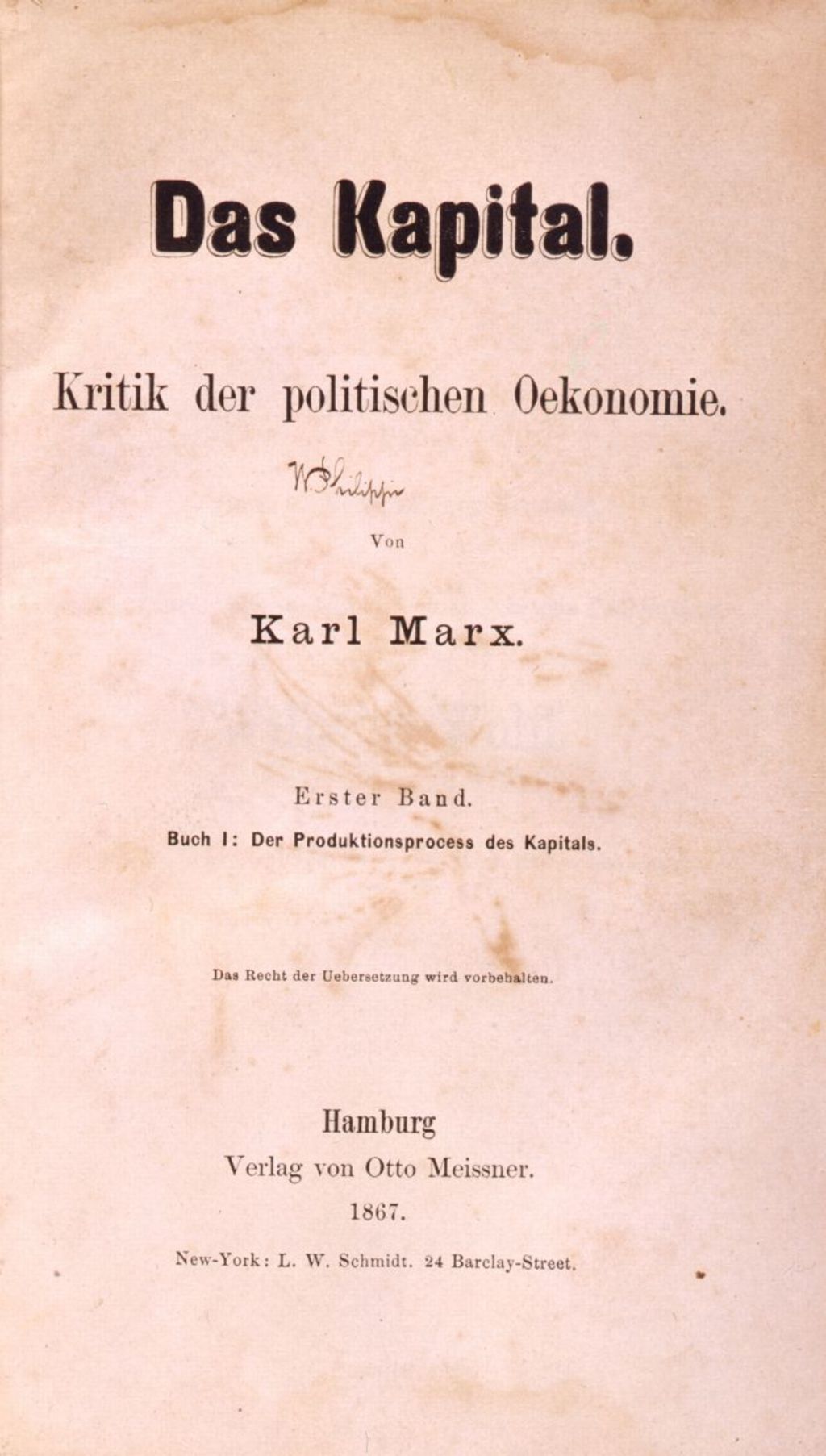

In view of these results an alternative approach to the stability of such a composite system is then sketched and applied to this system. Significant bounds on the adjustment speeds in the Classical domain have to be assumed in order to prove stability for the composite dynamics by means of the standard tools of the Walrasian tatonnement literature. The paper briefly shows that the procedures normally used to prove the stability of each separate case can be applied to this composite system only in a fairly limited way. It analyzes further the range of stability of the dynamics which is obtained by an integration or composition of these two processes, where prices and quantities are each revised on the basis of two instead of only one principle, namely in response to supply/demand-as well as price/cost-discrepancies. It puts forward his theory of political economy, with its celebrated phrase 'From each according to his ability, to each according to his needs'.This paper continues the investigation of Flaschel/Semmler (1988) on Keynesian dual and Classical cross-dual micro-dynamic adjustment processes. There he worked on his most celebrated book Das Kapital. Much of his time was spent in the reading rooms of the British Museum (which then housed the British Library collection) - this is his entry in the 1873 admissions register. Marx was exiled to London in 1849 and lived the rest of his life there. Against this backdrop, Marx formulated his theory of history, which he saw as a complex series of class struggles that would lead inevitably to the overthrow of the bourgeoisie (the ruling class) by the proletariat (the working classes).


As newly industrialised cities expanded they became overcrowded by a dependent workforce, many of whom lived in abject poverty in contrast with the relative wealth of their employers. Marx was writing at a time of unprecedented industrial and social change. In his 1848 work The Communist Manifesto, the German writer Karl Marx (1818-1883) argued that capitalism would inevitably self-destruct, to be replaced ultimately by Communism.


 0 kommentar(er)
0 kommentar(er)
